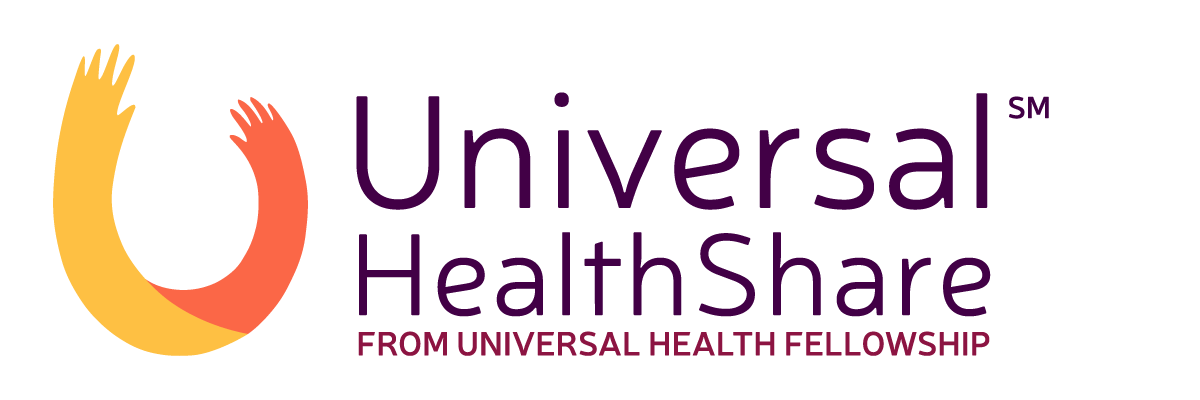Breast Cancer Awareness Month (BCAM) takes place each October and was created by the American Cancer Society and Imperial Chemical Industries. Originally intended to encourage women to get regular mammograms, BCAM has become much more since its inception in 1985. Breast Cancer Awareness Month is about removing the barriers to care cancer patients face, educating the public on the obstacles of getting diagnosed, and minimizing disparities between races, genders, and ethnicities.
Statistics about Breast Cancer
Note: The following statistics are based on the United States only.
- In 2021, an estimated 281,550 new cases of invasive breast cancer will be diagnosed.
- 49,290 new cases of non-invasive breast cancer will be diagnosed.
- On average, a woman is diagnosed with breast cancer every 2 minutes.
- 1 in 8 women will be diagnosed with breast cancer in her lifetime.
- In 2021, an estimated 2,650 men will be diagnosed with breast cancer.
What is Breast Cancer?
Cancer begins when cells in the body grow out of control. Breast cancer begins in the breast. These breast cancer cells typically form a tumor that can be felt as a lump or seen on an x-ray. It’s important to note that these cells begin in breast tissue, making it possible for men to get breast cancer too.
What Puts Someone At-Risk of Developing Breast Cancer?
Approximately 5% – 10% of breast cancers are linked to gene mutations. The most well-known breast cancer genes are BRCA1 and BRCA2, but there are several gene mutations that can increase the likelihood of breast cancer.
While these aren’t causes, there are other factors that put someone at risk of developing breast cancer, including:
- A personal history of breast conditions or breast cancer
- A family history of breast cancer
- Inherited genetic mutation
- Radiation exposure
- Beginning your period before age 12
- Beginning menopause at an older age
- Having a child after 30
- Having never been pregnant
- Postmenopausal hormone therapy
Can I Prevent Breast Cancer?
While you can’t prevent most diseases, cancer included, making healthy lifestyle changes can reduce your risk of breast cancer.
- Avoid or limit alcohol
- Stay physically active
- Work with your doctor to find a healthy weight for you and try to stay at that weight
- Begin breast cancer screenings at your doctor’s recommendation
- Begin doing self-exams on your breasts at age 20
Early Detection
According to the American Cancer Society, the 5-year relative survival rate for breast cancer when identified early and at the localized stage is 99%. Monthly breast self-exams, regular clinical breast exams, and mammography are all part of early detection.
Early Warning Signs/Symptoms of Breast Cancer
Symptoms of breast cancer vary from person to person. Some common, early warning signs include:
- Skin changes, such as swelling, redness, or other visible differences in breasts
- Increase in size or change in shape of breasts
- Changes in the appearance of nipples
- Nipple discharge other than breast milk
- General pain in/on any part of the breast
- Lumps or nodes felt on or inside of the breast
Getting screened regularly is critical to maintaining your breast health. Be sure to discuss with your primary care physician and OB-GYN the best screening choices for you.
For more information on breast cancer and breast cancer awareness, visit the American Cancer Society’s website here.
For more information on breast cancer in men, check out the American Cancer Society’s website here.


